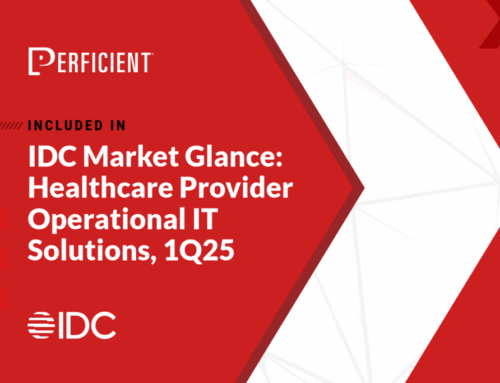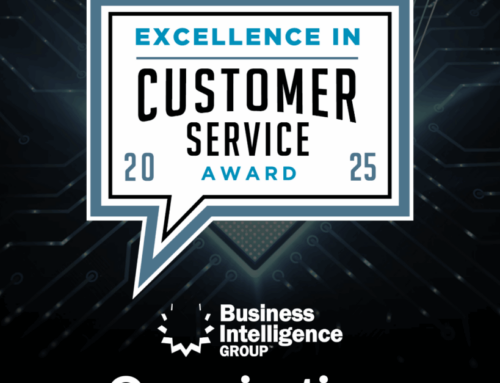There’s a somewhat famous scene in The Notebook movie where Ryan Gosling ask Rachel McAdams character “What do you want?” and her reply is “It’s not that simple” — In the decision to keep an ERP and add OMS functions vs. solving Commerce challenges with an OMS (with an ERP!) there is no simple answer either. It depends on a few key considerations – a few of which we’ve outlined below.
Choosing the Right Solution: ERP vs. Order Management for Supply Chain and Customer Support
In today’s complex business landscape, efficiently managing your supply chain and providing excellent customer support are critical to staying competitive and meeting customer expectations. Two software solutions that can significantly impact your operations are Enterprise Resource Planning (ERP) systems and Order Management solutions. However, determining which one best suits your needs can be a challenging decision. In this blog post, we will discuss the most important factors to consider when deciding between an ERP solution and an Order Management solution for your business.
1. Scope of Operations:
The first factor to consider is the scope of your operations. If your business involves multiple functions such as finance, HR, procurement, manufacturing, and supply chain management, then an ERP system might be the way to go. ERP solutions provide a comprehensive, integrated platform that can manage all aspects of your business, streamlining processes and reducing data silos.
On the other hand, if your primary concern is managing orders and inventory with a strong focus on customer support, an Order Management solution may be a better fit. These systems are designed to streamline and optimize order processing, inventory management, and customer interactions, making them ideal for businesses with a more specific focus.
2. Complex Supply Chain Needs:
Consider the complexity of your supply chain. If you have a global supply chain with intricate logistics, an ERP system’s robust supply chain management capabilities could be a game-changer. ERPs can help with demand forecasting, procurement, inventory management, and logistics coordination, providing end-to-end visibility and control.
Conversely, if your supply chain is relatively straightforward and your primary concern is efficient order processing, an Order Management solution might be more cost-effective and easier to implement. These systems excel at managing sales orders, inventory levels, and order fulfillment, which is often sufficient for businesses with less complex supply chains.
3. Customer-Centric Focus:
Your customer support approach is a vital factor in the decision-making process. If your business places a heavy emphasis on providing excellent customer support and requires a system that can efficiently manage customer orders, returns, and inquiries, an Order Management solution is tailored to this specific need. These systems can enhance your ability to provide superior customer service by streamlining order processes, improving order accuracy, and facilitating quicker issue resolution.
In contrast, ERPs are designed to manage broader business functions, which may not offer the same level of specialization for customer support. While they do have customer relationship management (CRM) modules, the depth and specificity may not be as robust as what an Order Management system can offer.
4. Scalability and Flexibility:
Consider your business’s growth and scalability requirements. ERPs are generally more scalable and adaptable for businesses with long-term growth plans. They can accommodate increasing complexities and diversification by adding new modules or customizations.
Order Management solutions are typically more straightforward and may require more effort to scale when your business experiences rapid growth or changes in operations. However, for smaller businesses or those with relatively stable operations, they can be a cost-effective and quicker solution.
5. Integration Needs:
Evaluate your integration requirements. If you already have multiple standalone systems for different functions and need to integrate them, an ERP system might be the better choice. ERPs offer comprehensive integration capabilities, allowing you to connect various business processes seamlessly.
On the other hand, if you require an order-centric solution that can easily integrate with existing systems, an Order Management system might be a more straightforward and quicker option. These systems are often designed with ease of integration in mind and can work alongside other software tools.
In conclusion, choosing between an ERP solution and an Order Management solution is a critical decision that depends on the unique needs of your business. The scope of your operations, the complexity of your supply chain, your customer-centric focus, scalability requirements, and integration needs should all play a significant role in your decision-making process. By carefully considering these factors, you can make an informed choice that aligns with your business goals and objectives.





Leave A Comment